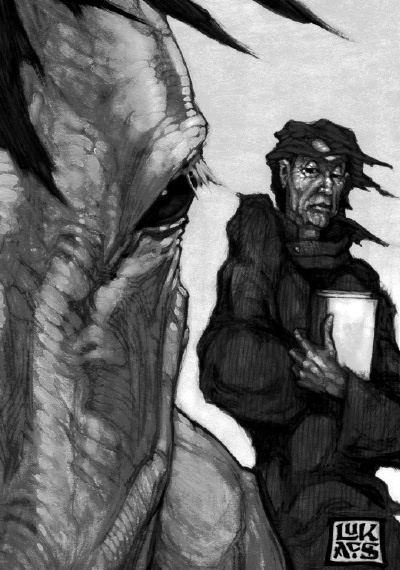Update; On Writing Different Genres
Last week I had no figures at hand regarding children and teen reading rates. A 2007 National Endowment of the Humanities report on the topic is available here in pdf format (number 47). The short version is that the reading rate is not declining for children, but that as teenagers increasing numbers of kids stop reading. The 20-page executive summary does not define what they mean by “literary reading,” but in the summary for report 46, it’s given as “The reading of novels, short stories, poetry, or drama in any print format, including the Internet. Any type was admitted, from romance novels to classical poetry.”
Also, I inadvertently posted an outdated bestseller list. Here is the most recent PW children’s fiction list online; the ABA’s indie children’s bestseller lists overlap but are not identical. Both are heavily weighted toward fantasy, and this is even more true of the series lists.
===========
Yesterday (my yesterday; I’m 8 hours ahead of EST) Theo asked about subgenre preferences. I write in several different subgenres ranging from mythological fantasy to hard sf, and all writing is difficult, as far as I’m concerned. I do think there are differences, but first, a quibble, terminological or semantic as you prefer: all fiction is fantasy. Those of us of Indoeuropean linguistic and cultural affiliation participate in a set of related literary traditions who knows how many millennia deep, in which there are major narrative genres consisting of stories not considered true. This isn’t so in all other parts of the world. …


 Monsters vs Aliens: An IMAX 3D Experience (2009)
Monsters vs Aliens: An IMAX 3D Experience (2009)